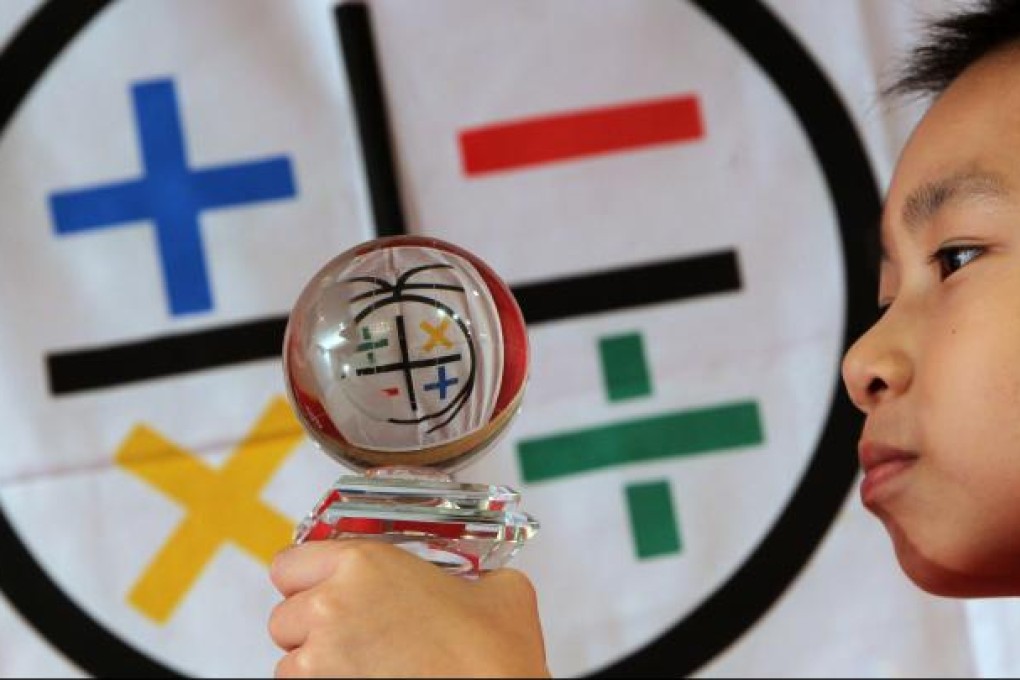My Take | In praise of rote learning
I am mathematically challenged. When I was in secondary school and university, I had no idea about the many long equations we had to memorise or the meanings of the symbols and their relationships.

I am mathematically challenged. When I was in secondary school and university, I had no idea about the many long equations we had to memorise or the meanings of the symbols and their relationships.
Yet, I scored A's in all my maths and physics classes when I graduated from high school and survived two years of university before switching to less mathematically challenging subjects. I did it through memorisation, willpower and rote learning, with little understanding or "creativity". It was all pressure, no joy - year in, year out.
Yet, to this day, I don't regret my brute-force method of learning, which is a much-criticised characteristic of an Asian education. It was the only way I could do it, and it didn't kill my curiosity about science and maths, which I still find fascinating (albeit incomprehensible). If I had been allowed so-called creative, individualised and fun learning - whatever these mean - I would have learned much less science and maths before dropping out.
I mention all this because Hong Kong's students again scored very high in the latest Global Index of Cognitive Skills and Educational Attainment, compiled by the Economist Intelligence Unit.
We are third after Finland and South Korea, and ahead of Japan and Singapore, which place fourth and fifth. Britain and the United States, favourite education destinations for Hong Kong students, rank sixth and 17th. Such high results for our students - and those from Shanghai, Singapore, South Korea and Japan - have been consistent over the past decade in similar findings by authoritative studies such as the OECD's PISA survey.
But when you point out these results, many foreigners and even locals dismiss them. Our students are just automatons, they claim, and not creative individuals capable of high executive function and decision-making.

